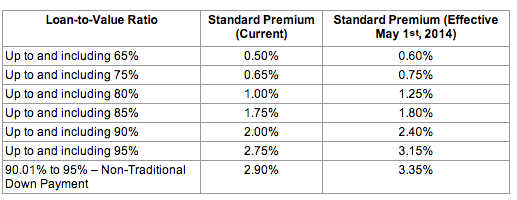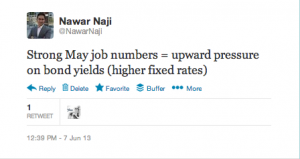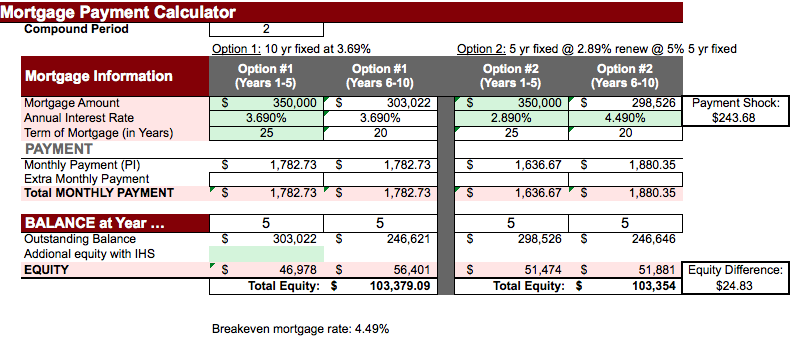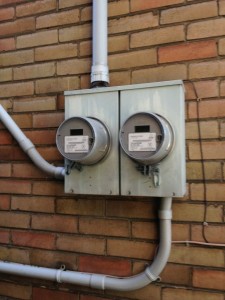Your mortgage is up for renewal or you just bought a home and it is time to decide: fixed mortgage or variable mortgage. Both options are at historic lows, which sounds like a broken record since the economic collapse of 2008. With 5 year fixed rates hovering around 2.89% and variable mortgages at prime less 0.6%, either option is attractive. But how do you choose? The answer is in oil prices.
With oil prices collapsing from $140 per barrel to $45-$50 range in the last 6 months, Canada's GDP growth will slow down and there are talks of Alberta going into recession, yes the "R" word. Over the last 4 years, Alberta has been carrying the country with its economic growth. As Alberta slows down, inflation will be lower, unemployment will be higher (in Alberta, NewFoundLand and Saskatchewan).
Slower economic growth (GDP and employment) will lead to lower inflation, below 2-3% target range for the Bank of Canada which would keep prime rate at current levels. If the economy shrinks, the Bank of Canada will cut prime rate to stimulate economic growth (as I write this post, the Bank of Canada has surprised the market by cutting the benchmark rate by 0.25%. Effective tomorrow, prime rate is 2.75%!)
Until the economy returns to "its full capacity" which the Bank of Canada is predicting to be late 2016, or later in my opinion, the benchmark rate which drives prime rate will probably not increase till then.
So, as oil prices go, so does the Canadian economy.















